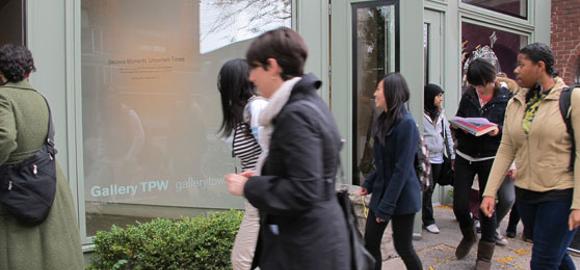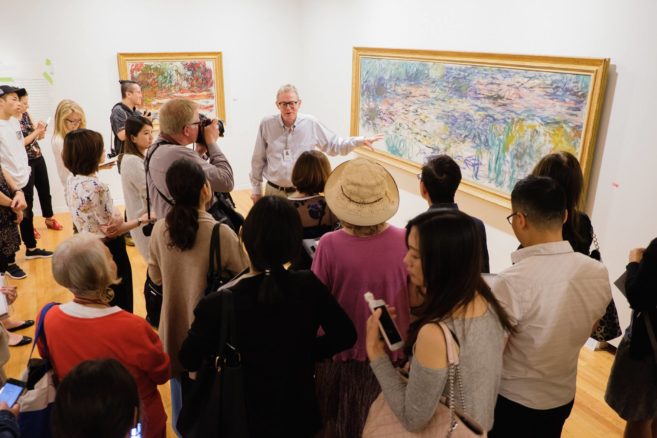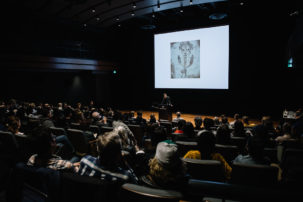Congratulations! You’ve got your degree. Unfortunately, this exciting milestone can provoke anxiety for many emerging creatives as they face the prospects of growing a career without the supports of school.
Luckily, we’ve got solid advice to make the transition easier. Here, artist Liz Knox—BAH graduate of theUniversity of Guelph and currently an MAA candidate at the Emily Carr University of Art and Design—shares what worked for her in the years following her undergraduate convocation.
Volunteer to build community
“When you leave school, you’re leaving your community, so [surviving after graduation] is about becoming part of a new community,” says Knox. “Volunteering is a way of getting to know people” and finding ways into that new scene, she adds. For her, volunteer work at galleries led to paying art-world jobs and lots of helpful connections.
Join a recent-grads support group, or form one yourself
After graduation, Knox joined artist-run centre Mercer Union‘s Resource Group for Recent Grads, which met every six to eight weeks for presentations by art-world figures including dealers, curators and grant officers. She also teamed up with three friends to meet regularly and review new work. “It was like a dinner club, with critiques between dinner and dessert,” Knox says. “If you get together and talk every month or two, you’ll have motivation to produce work beyond external exhibition deadlines.”
Create studio space where you can
Not everyone has the funds available to rent a dedicated studio space after graduation, but most people do have the means to carve out a small part of their living space exclusively for work purposes. “I just had a desk and shelves in my studio apartment,” says Knox, “And that was the dedicated space ‘where work happened.’” Sharing studio space—whether time-sharing or space-sharing—is another option.
Stay in touch with your supporters
“Connections don’t necessarily die when you leave school,” says Knox. “People who care about you care about your success as a person, not just as an artist.” This means it can be a good idea to stay in touch, as appropriate, with instructors or mentors you had a close relationship with as a student. In fact, Knox credits the ongoing support of her past instructors at the University of Guelph, like Laurel Woodcock and Sandra Rechico, for much of the advice she now has to pass on to ECUAD undergrads.
Don’t take obstacles or rejections personally
Whether you’re applying for grants, jobs, internships or exhibitions after graduation, it’s important not to take obstacles or rejections personally. “There are so many factors and varying value systems that have to come together for decisions on grants in particular,” says Knox. “Showing up is half the battle. You have to just keep trying.”









